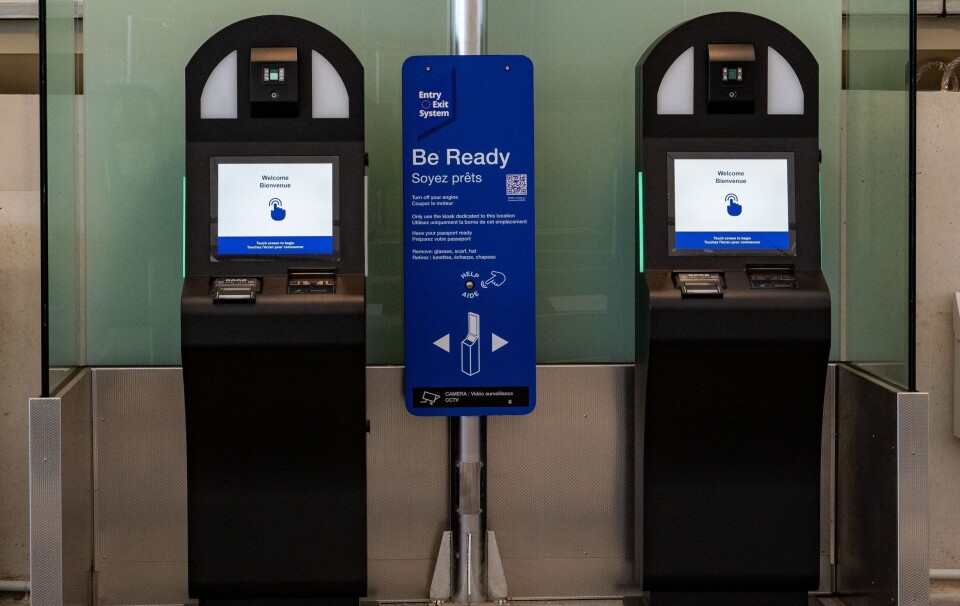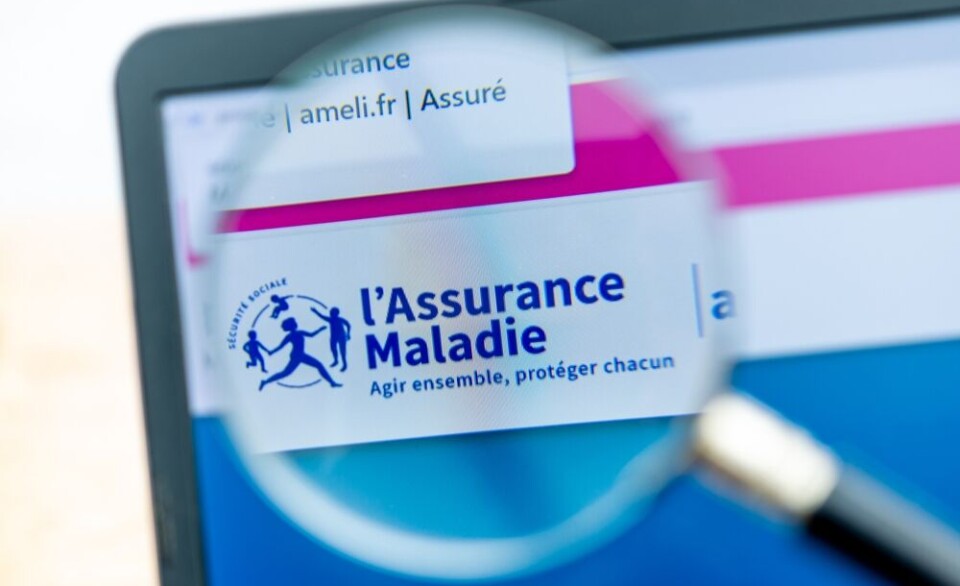Driving licence changes confirmed across EU: France affected
Rules on medical tests, licence renewals and information sharing for serious penalties all updated
Changes will be in place by 2030
Ground Picture / Shutterstock
Changes to driving licence rules in the EU have been officially confirmed MEPs and will now come into force over the coming years in member states including France.
The changes focus on digital licenses and licence length; tougher rules for new and young drivers; and improving how driving penalties are tracked across the bloc.
Health and fitness to drive self-assessment forms for new drivers and those renewing licences are also set to be introduced across the bloc, although medical checks will not be mandatory.
The changes are part of wider plans aimed at improving road safety in the bloc and eliminating all driving-related deaths by 2050. MEPs voted on a series of reforms to driving licences and road safety regulations in March this year covering several areas.
The review earlier this week confirmed the changes, which have remained largely the same as those originally voted on in March.
Once the changes are published in the Official Journal of the European Union, which should happen in the next weeks, EU member states will have three years to change national legislation to comply with the new regulations.
It means all changes should be in place by 2030 – the original planned deadline for the updated regulations.
Medical checks, tougher rules, digital licences
Below, we review the main aspects of the new EU rules at this final stage, and how France are expected to apply them.
In many cases, countries already have similar rules in place for at least part of the changes, which aim at standardising rules as well as improving safety, and drivers in France will not therefore be affected by all of the new regulations.
Medical checks
Drivers qualifying for their first licence or undertaking a licence renewal should pass a medical check, including eyesight and cardiovascular elements. This applies to drivers of all ages.
However, for standard car and motorcycle licences, this can be replaced by a self-assessment form if the member state wishes.
In France it is likely authorities will choose the self-assessment forms, as debates over the introduction of mandatory medical check-ups have raged for many years, and motoring lobbies oppose them.
Licence validity
Driving licences should be valid for 15 years, but this can be reduced to 10 in cases where it is a form of national ID. Special licences outside of the main Category A and B (for motorcycles and cars) must be renewed every five years.
Once a driver reaches age 65, licence validity can be reduced to five years (regardless of whether it is a form of ID or not) for all categories, to coincide with more frequent medical checks or refresher driving courses, if a member state wishes to do this.
In France, licences are currently valid for 15 years so it is unimpacted by this change, and it is unlikely to reduce the validity period for older drivers.
Digital licences
The EU aims to make digital licences, hosted through an EU-wide app the standard form of the document, however it will be possible to ask for a physical licence if a driver prefers.
Again, France has already introduced digital licences so is in the main unaffected by this.
Driving tests
Updated driving tests will include more focus on:
Blind spot risks
Driver-assistance systems
The safe opening of doors
Phone usage distraction risks
There will also be a greater emphasis on risk awareness of pedestrians, children, cyclists and other vulnerable road users.
New / young drivers
The EU will set an obligatory ‘probationary’ period of at least two years, where rules on driving are more stringent and penalties harsher, particularly for driving under the influence of drugs or alcohol or failing to use a seat belt, the correct baby-seats, etc. In France there is already a three-year period (reduced to two for those who learned via the ‘accompanied driving’ option).
While 17-year olds will be able to continue to receive licences (in countries where this is legal), they must be accompanied by an experienced driver until they are 18, even if they have passed their test before this. In France the legal age to pass a driving test and obtain a licence was lowered from 18 to 17 last year in a bid to give young people more autonomy.
There are new rules on ages for specialised driver licences for younger drivers to help combat a shortage in some sectors. Category C (truck) and D (bus) licences can be attained by people aged 18 and 21 respectively, if they have a certificate of professional competence, otherwise they will need to be 21 and 24 respectively. In France the latter currently apply, though 18-year-olds can obtain both categories if they have a CAP professional qualification in driving.
Information sharing
There will be improved information sharing over dangerous driving aiming at reducing reckless driving while abroad.
According to the MEPs, often when someone is found to have committed a serious offence that should usually involve licence withdrawal, suspension or restriction, but they are driving in a country other than the one that issued the licence, they end up not facing a penalty.
Under the new rules, the country where the offence occurred should speedily inform the issuing country so disqualifications may apply across the EU.
This will relate to offences such as drink or drug driving, fatal road accidents, and speeding of at least 50 km/h above the limit.





























